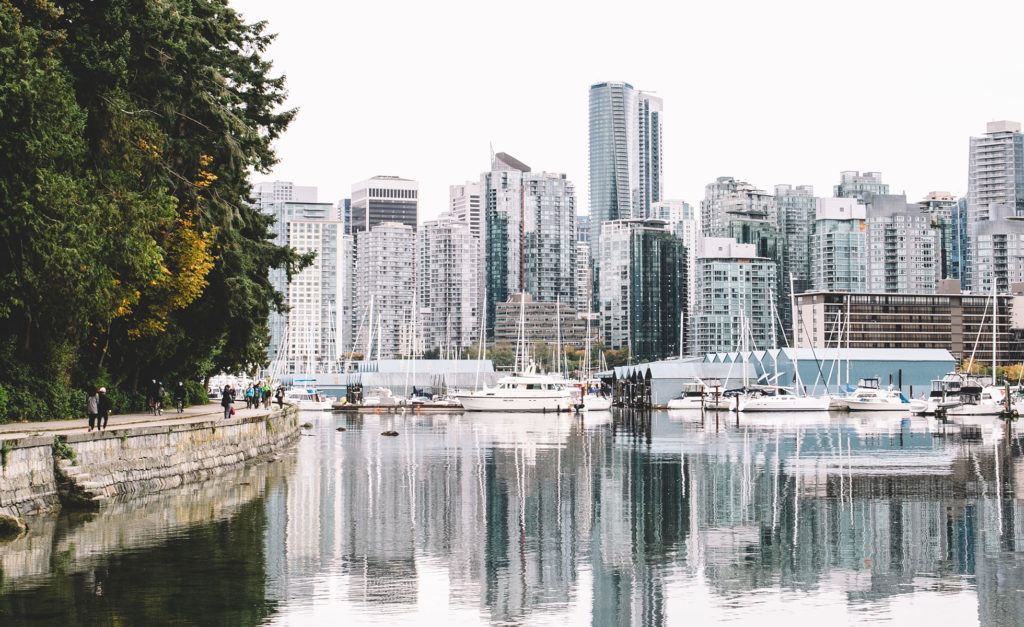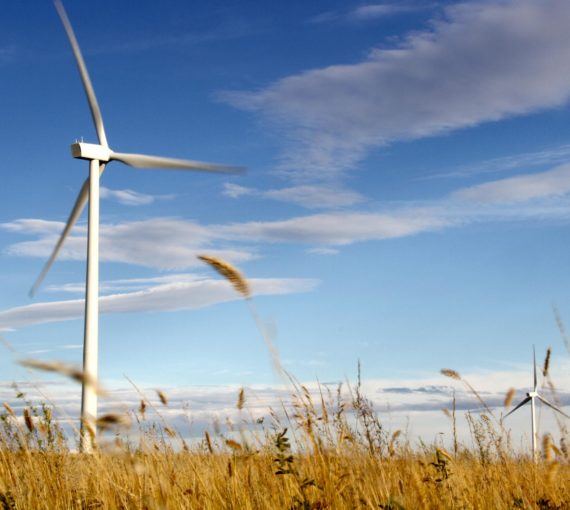The UN Intergovernmental Panel on Climate Change report released last fall made a clear case for keeping average global warming below 1.5 degrees Celsius if we want to mitigate its most devastating effects.
This month, an Environment and Climate Change Canada report stated that Canada’s climate is warming twice as fast as the global average, and that the trend is “effectively irreversible.” The same week, federal Environment Commissioner Julie Gelfand called upon Ottawa to markedly accelerate action to address climate change and pointed out that Canadians are not well-positioned to adapt to a changing climate, nor are we on track to meet our current emissions reduction targets.
It’s clear that everyone in Canada must come together to act if we are to effectively address today’s climate emergency.
One bright spot amidst the dire warnings from scientists is the growing number of municipalities raising their voices and taking action. Several hundred local governments across Canada and around the world have declared climate emergencies, acknowledging that climate change is a crisis that requires emergency mobilization.
It’s heartening to see municipalities calling for real action on climate and encouraging higher-level governments to treat it as the emergency it is. But a climate emergency declaration is merely symbolic if not paired with ambitious emissions reduction targets and a solid plan to achieve them.
This is why I’m excited to see the City of Vancouver following up its climate emergency declaration — passed unanimously by council in January — with a suite of high-impact targets and actions.
Vancouver has lowered its emissions by seven per cent from 2007 levels — a step in the right direction, but not nearly enough to achieve a 1.5 degree C warming target. Effectively reducing our emissions by 50 per cent by 2030 will require a five-fold increase in emissions reduction.
A climate emergency declaration is merely symbolic if not paired with ambitious emissions reduction targets and a solid plan to achieve them.
The City’s Climate Emergency Response report, which will be presented to council for its approval on April 24, calls for six “Big Moves” to guide the city toward carbon neutrality by 2050. It envisions a Vancouver in which, by 2030, zero-emissions vehicles account for 50 per cent of kilometres driven on our roads, and two-thirds of trips are made by active transportation and transit.
It also aims to restore our local forest and marine environments, so that they eventually sequester a million tonnes of carbon each year, contributing to the crucial goal of negative emissions in the second half of the century.
Achieving these targets will not be easy. The report city staff are presenting to council states that while the targets are technically achievable, they will test the limits of our knowledge and technologies. Achieving them will require us all — organizations, citizens, governments and institutions — to work together. We at the David Suzuki Foundation are committed to working with a broad range of people and organizations across sectors to support Vancouver’s climate leadership efforts.
I’m excited and grateful to live in a city that demonstrates this kind of leadership and collaborates with other governments to make the necessary change happen. Meaningful actions at the city level, such as those being proposed to the mayor and council on April 24, will better enable the provincial and federal governments to meet their targets. I applaud the City of Vancouver’s ambitious response and hope that on April 24, council sees fit to approve it.
This op-ed was originally published in The Vancouver Sun.
Our work
Always grounded in sound evidence, the David Suzuki Foundation empowers people to take action in their communities on the environmental challenges we collectively face.




